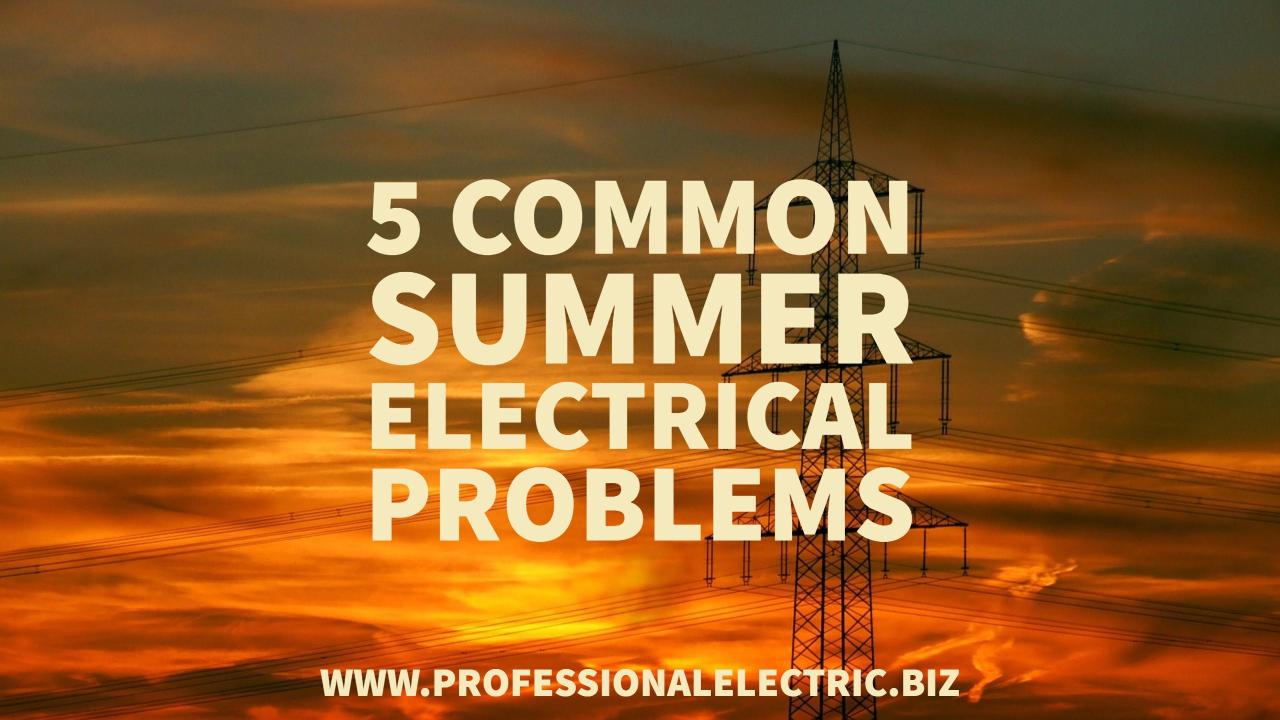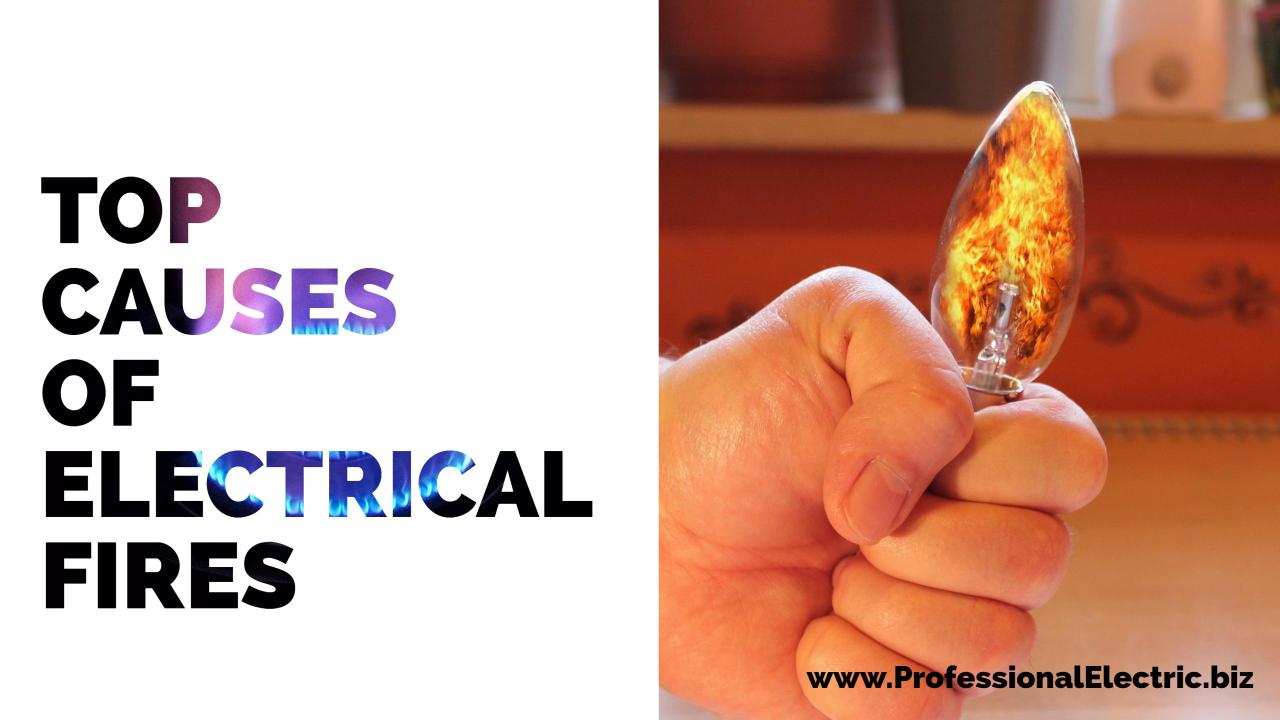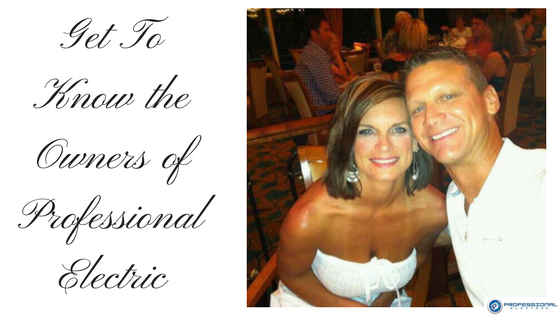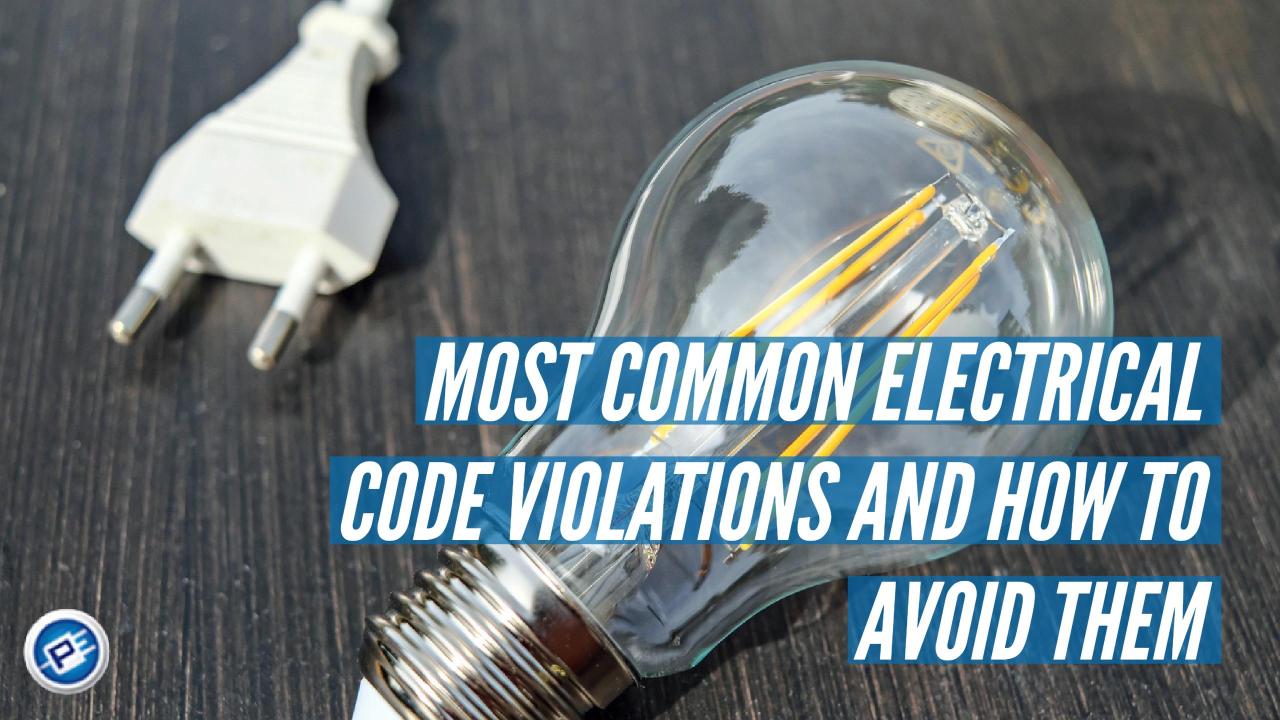Frozen treats, dips in the pool, and air conditioning are what summers are made of. If you are seeing any signs of a power struggle in your home to keep these cool things working, be sure to have them checked out. The electricians at Professional Electric will be happy to check out your home if you are observing any of these problems:
1. TRIPPED BREAKERS may be a result of overloading your circuit with an air conditioner or fan on a circuit which is already close to its limit. Try turning off some other devices in the area. You may know what the issue is if you were vacuuming or making coffee or running the microwave when the breaker tripped. You may need to move some items to other circuits or simply stagger usage so that different things run at different times. You may also want to consider calling Professional Electric to have an inspection. We can tell you whether your wiring is obsolete and what we can do to fix it. Remember that older homes were not designed with the electrical needs of today’s families in mind. Only in the last two generations have we needed outlets galore in every room, and circuits upon circuits for appliances. Our grandparents had lamps and radios, with possibly one television in the whole home. Today, we have entertainment centers, computers, and more in nearly every room. So, if this is an ongoing problem, you may need to add circuits, or even consider a rewire of your home to bring it to a point of safety.
2. CEILING FANS may be operating backwards if you haven’t switched them for the summer. Remember that your fans should turn counter-clockwise when looking up at them in order to pull the air down. While powering down to reverse direction, take the time to clean it well and wash the shades for the lights. Turn them off when you aren’t in the room, as they don’t really maintain temperature, but instead offer a cooling sensation by moving the air across your skin. Also consider replacing the older lightbulbs with LED options while you have the ladder out to save money year-round!
3. OVERUSE OF EXTENSION CORDS may be an issue if you don’t have outlets where you need fans. Extension cords are designed to be a temporary solution, and should never be buried under carpets or rugs. Inspect them for wear or damage, and unplug them if you feel warmth or heat when running your hands down the length of the cords. Do not plug extension cords into other extension cords.
4. FLICKERING LIGHTS when the cooling system kicks on may be a sign that your system is not functioning properly. Call Professional Electric for an inspection of your cooling system. It may be as simple as a cleaning or coolant charge. Remember that when your appliances are not functioning at peak, you will be paying extra on the electric bill for the added power.
5. BROWN-OUTS are a more systemic issue, and in most cases are not caused by one consumer. The demand for power during the high heat puts such a drain on resources that the power dips, and you may see lights flickering or hear your appliances groaning. When this is an issue, the power company may ask you to conserve usage by waiting to do laundry or other household chores until evening or night hours.
Don’t live with electrical issues. Get them resolved. Wiring problems are not an inconvenience, they are a safety issue. Professional Electric can help you sleep better at night knowing that your family is safe and protected. Give us a call.
If you are in need of any residential or commercial electrical services in Baldwin County or Mobile, Alabama look no further than Professional Electric! Visit us online at www.ProfessionalElectric.biz and connect with us on Facebook and Twitter! We are available 24/7 for emergency services! Mobile: (251) 473-5788 Baldwin County: (251) 929-8957 Remember to Keep it Professional!
© Southern View Media 2017: Reproduction without explicit permission is prohibited. All Rights Reserved. “Get Online or Get Left Behind”









